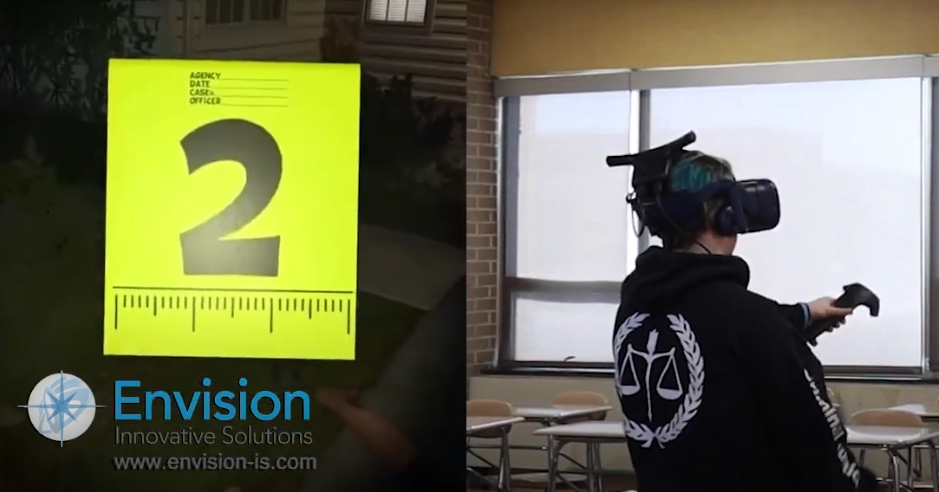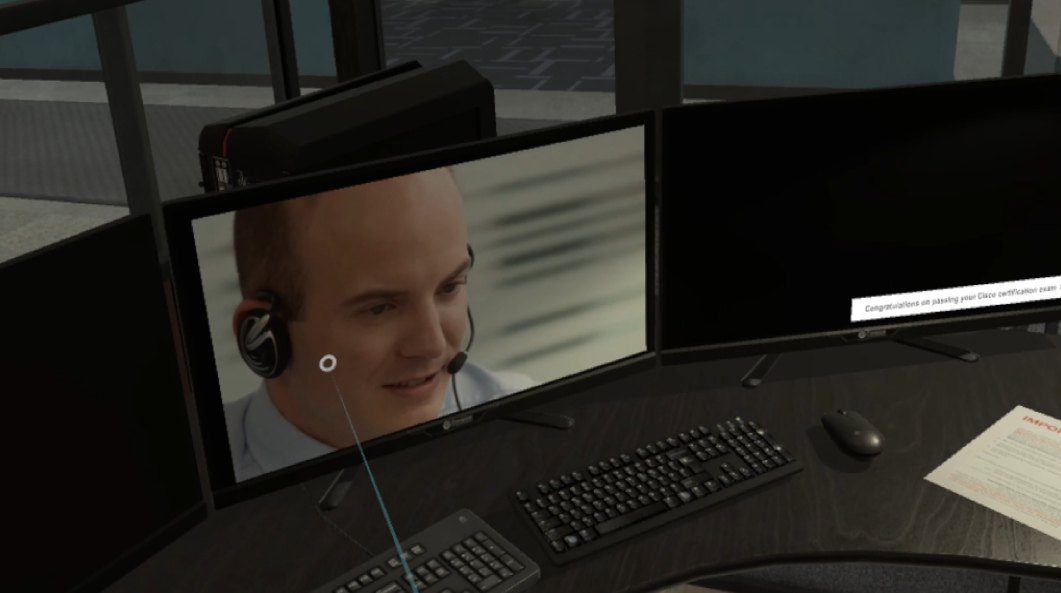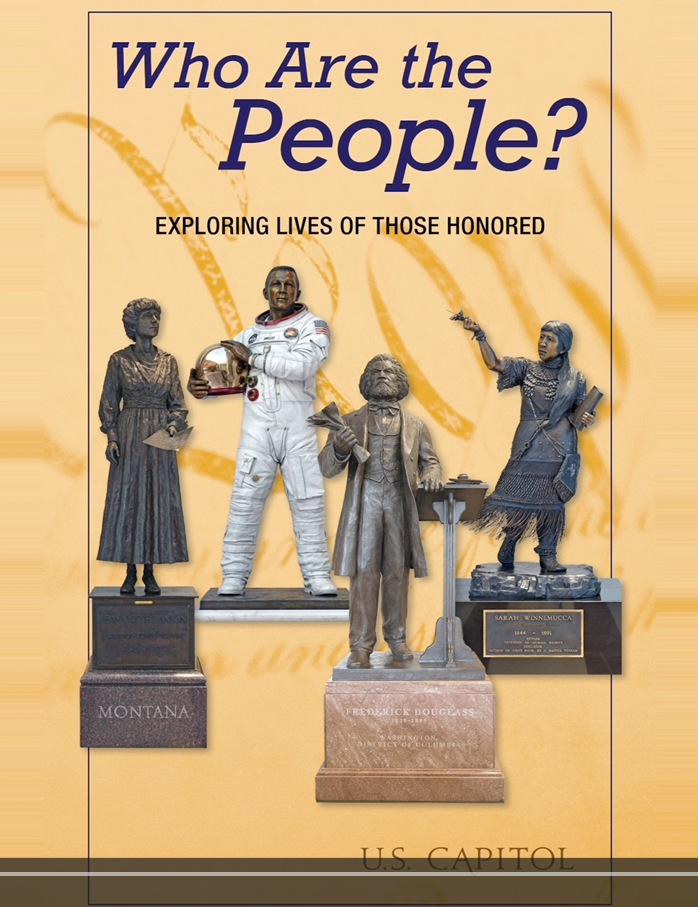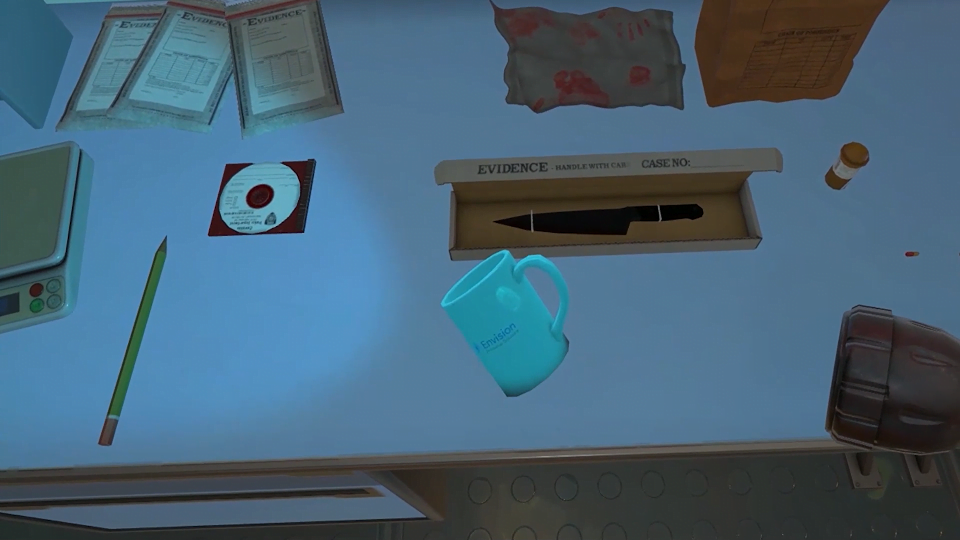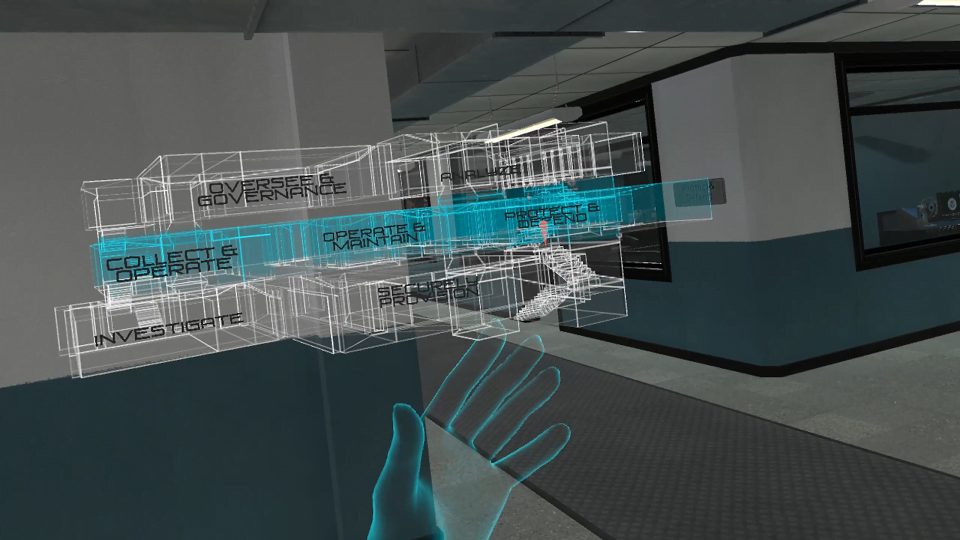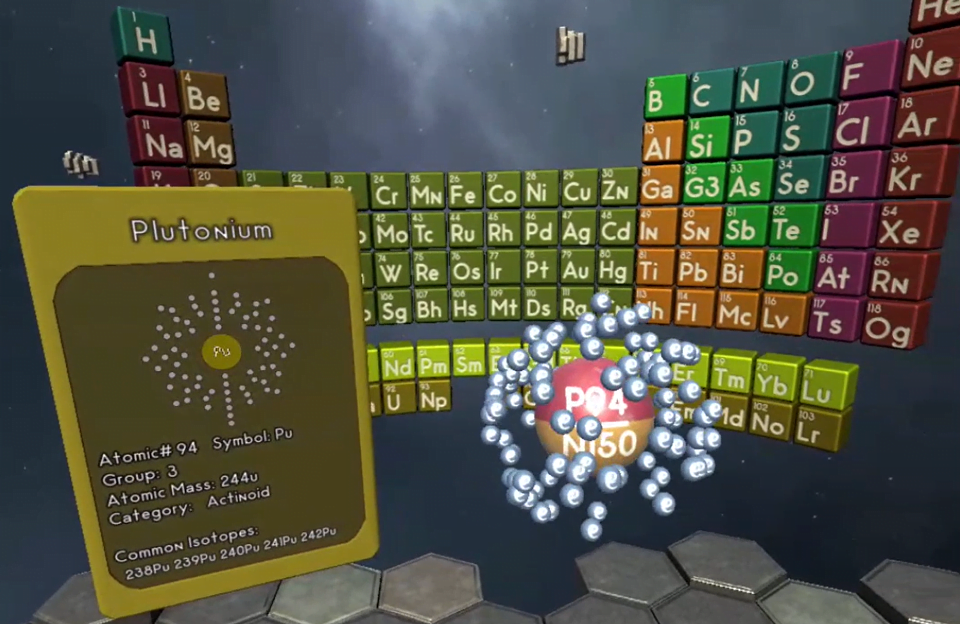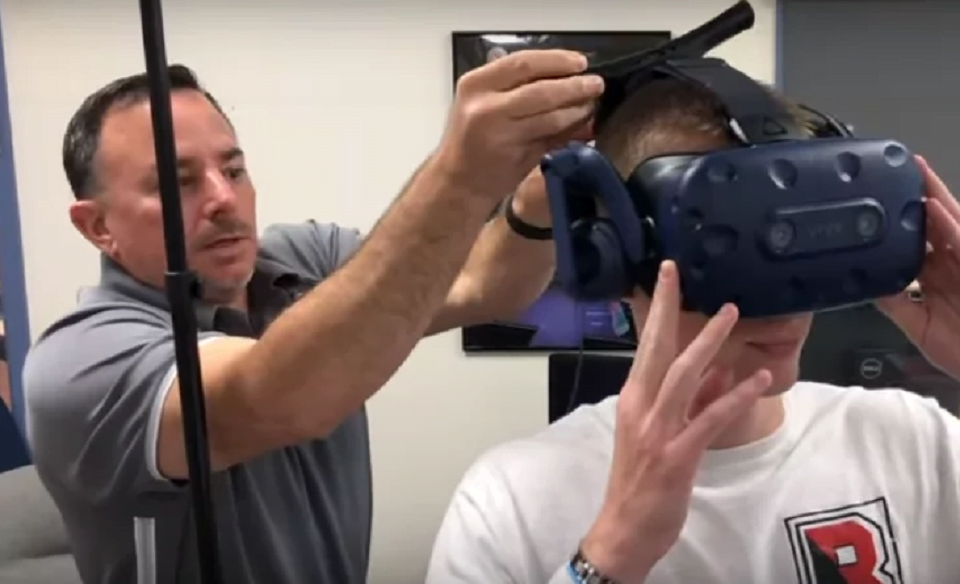Envision Innovative Solutions is proud to announce that we have successfully obtained the Cybersecurity Maturity Model Certification (CMMC) Level 2 certification through an independent C3PAO assessment. Please see our press release below:
05 Jan 2024
Envision has received praise from the New Jersey School Boards Association for its VR development of several applications used throughout various Votech High Schools in New Jersey including Burlington County Institute of Technology (BCIT). The article can be found here!
Please see the below video produced by BCIT about our forensic crime scene simulator now used in the Law and Public Safety curriculum.
05 Dec 2023
Envision is proud to announce our selection for Phase III of the Virtual Reality (VR) cybersecurity facility for the National Security Agency’s (NSA) schoolhouse known as the National Centers of Academic Excellence-Cybersecurity (NCAE-C). The VR project is funded by a NSA NCAE-C grant through the NIST NICE infrastructure comprised of several colleges across the US including Moraine Valley Community College, Brookdale Community College, Forsyth Technical Community College, Florida State College at Jacksonville, Cal Poly Pomona, Eastern New Mexico University Ruidoso, and San Antonio College.
Envision completed phase II last year (2003) which featured student data collection capabilities for instructors and a 2D web version (HTML5) of the cyber facility which mirrors the VR facility. The web and VR applications are now deployed within the NSA NCAE-C Regions Investing in the Next Generation (RING) program which reaches over 400 schools in the US—bringing our cyber facility to the hands of hundreds of thousands of students users.
07 Jul 2023
Envision is proud to announce that they’ve been chosen to develop eight more statues for the Augmented Reality (AR) application, called “Who Are the People?” available on the Apple and Google app stores. These eight statues will be in addition to the six statues currently present on the application. Estimated completion is by the end of 2024.
The current AR application can be downloaded from the Apple App Store or Google Play from the following links:
26 Jun 2023
Army demonstrates power of mixed-reality technology for generator repairs.
APPROVED FOR PUBLIC RELEASE
Envision helps the Army demonstrate how mixed-reality technology could revolutionize equipment maintenance and training.
ABERDEEN PROVING GROUND, MD., July 21, 2023 – Envision Innovative Solutions, Inc., a provider of custom mixed reality technology solutions and SETA support, is helping the Army realize the benefits of leveraging mixed reality, holographic computing, Artificial Intelligence (AI), and Machine Learning (ML) into a comprehensive solution that demonstrates how holographic instruction and predictive maintenance can enhance the operator, maintainer, or trainee’s experience in working with Army generators.
The effort is part of a contract between Envision and the US Army’s Command, Control, Communications, Computers, Cyber, Intelligence, Surveillance, and Reconnaissance (C5ISR) Center.
Envision’s approach keeps costs down by leveraging commercially available electronic equipment, utilizing existing maintenance guidance/data, and using AI and ML to prioritize troubleshooting tips. If the capability is fielded to the soldier, it will enable access to ultra-realistic holographic 3D models and animation, rich multi-media content, and useful predictive data—all overlaid through the user’s wearable mixed reality headset. This eliminates any confusion between textual operating procedures and the user—a significant improvement over the existing method of obtaining maintenance procedure instruction and data. The user would, instead, have all relevant information brought into their headset display while having both of their hands free to train or operate in real-time. The technology has the potential to enable increased productivity of the soldier with a minimal learning curve.
Founded in 2006, Envision has served multiple offices of the Department of Defense for over 15 years, primarily in the fields of systems engineering, complex systems integration, software engineering, and cyber security. In recent years, Envision has become a leading technology developer in the field of extended Reality (XR)—the umbrella technology branding that includes augmented, virtual, and mixed reality. Envision is a minority-owned, Small Disadvantaged Business (SDB) with certification in ISO:9001 and appraisals for CMMI Development Level 3, CMMC Level 2, and NIST 800-171 compliance.
Contact Envision:
Alexander Cortez, Jr., President/ CEO
(732) 722-7435
Alex.Cortez@envision-is.com envision-is.com
APPROVED FOR PUBLIC RELEASE
02 Aug 2022
Envision is proud to announce our selection to develop a Virtual Reality (VR) Simulator for Mercer County Technical School’s Law and Public Safety Program, for use in its forensic science course administered at the MCTS Sypek Center in Pennington, NJ. Up until now, MCTS’s forensic science courses utilized a physical room containing physical props and mannequins to simulate forensic crime scenes. This configuration results in the following issues:
- It is challenging to use physical simulation while attempting to convey an actual realistic crime scene. Lots of real-world distractions are not reproduced for the student trainee.
- It is challenging to replicate fatal injuries and wounds to the point where it actually desensitizes student trainees who will likely encounter nauseating “shock factor” circumstances at a forensic crime scene.
- Physical classroom forensic simulation is open to distractions from other students, general school noise, hallway noise, etc.
Envision will develop a unique and immersive VR forensic crime scene and a forensic crime lab experience. The VR crime scene will feature rich and complex 360-degree 3D background environment with ultra-realistic color, texturing, lighting, shadowing, and noise.
Envision will implement an innovative menu system of tools for the VR investigator to use such as an in-VR experience camera, a magnifying glass, crime scene tape to measure and cut, proper evidence containers for both wet and dry evidence, measuring devices, ground chalk, headlamp, gloves, cast trays, casting material, and other “red herring” distractions. The user will access this tool menu using innovative VR info panels. The VR experience will be 6 Degrees of Freedom (6Dof) which will allow the user to physically walk around within a pre-defined physical barrier space to collect evidence.
Once the user has collected all of the evidence, they will proceed to the VR forensic crime lab. Inside the VR crime lab, the user will be presented with a different set of tools such as ultraviolet fingerprint flashlights, memory card readers, DNA storage bins, and a virtual PC to view the photographs they took while in the VR experience. Students will analyze evidence such as tire skid marks, off-road tire imprints (cast modeling), and then formulate a conclusive automotive make, model, etc. using classroom-taught forensic analysis. All actions of the entire VR forensic simulator experience will be logged and sent to the instructor for post-exercise evaluation.
The VR experience will convey an immersive and realistic forensic crime scene experience for the student trainee. They will be exposed to unsightly gore that they will someday likely encounter at a real forensic crime scene. They will be shut off from outside distraction—keeping them highly focused on their experience and tasking which ultimately will increase knowledge retention and student examination performance.
04 May 2022
Envision is proud to announce our selection for Phase II of the Virtual Reality (VR) cybersecurity facility for the National Security Agency’s (NSA) schoolhouse known as the National Centers of Academic Excellence-Cybersecurity (NCAE-C). The VR project is funded by a NSA NCAE-C grant through the NIST NICE infrastructure comprised of several colleges across the US including Moraine Valley Community College, Brookdale Community College, Forsyth Technical Community College, Florida State College at Jacksonville, Cal Poly Pomona, Eastern New Mexico University Ruidoso, and San Antonio College.
Envision completed phase I last year (2001) which featured a three floor seven room VR cyber facility with avatars, realistic room roles, and flags for student users to collect. Phase II will feature student data collection capabilities for instructors and a 2D web version (HTML5) of the cyber facility that will mirror the VR facility. The web and VR applications will be deployed within the NSA NCAE-C Regions Investing in the Next Generation (RING) program which will reach over 400 schools in the US—bringing our cyber facility to the hands of tens of thousands of students.
The application will offer a realistic immersive experience for students interested in entering the STEM field of cybersecurity. Users will explore room-by-room to discover employee roles, educational pathways, and flags hidden throughout the facility—which better prepare students what to expect when they graduate with a cybersecurity focus and enter the workforce. Envision is very excited about the future of this project.
21 Sep 2020
Envision is proud to announce our selection to develop a Virtual Reality (VR) cybersecurity facility for the National Security Agency’s (NSA) schoolhouse known as the National Centers of Academic Excellence-Cybersecurity (NCAE-C). The VR application will be deployed within the NSA NCAE-C Regions Investing in the Next Generation (RING) program which will reach over 400 schools in the US.
The VR project will be funded by a NSA NCAE-C RING grant, through Moraine Valley Community College. It will feature an ultra-realistic cyber security facility comprised of seven special purpose rooms spread over three floors. The application will offer a realistic immersive experience for students interested in entering the field of cybersecurity. Users will explore room-by-room to discover employee roles, educational pathways, and flags hidden throughout the facility—which better prepare students what to expect when they graduate with a cybersecurity focus and enter the workforce.
10 Oct 2019
Envision is proud to announce the development of a VR application called ELEMENTS to be sold in Hamilton Buhl’s educational product line. The VR application will focus on the periodic table of elements for use in chemistry classrooms for the K-12 age range. The application will feature the use of Oculus Quest/Quest 2’s standalone functionality with innovative hands-free gestures to navigate the experience. Students will both learn about the elements and take quizzes to capture the enhanced knowledge retention and learning that comes with the use of VR in the classroom.
23 May 2019
Envision is proud to announce our selection to develop a Virtual Reality (VR) Simulator for the Burlington County Institute of Technology (BCIT) Law and Public Safety Program, for use in its forensic science courses administered at two physical campuses in New Jersey. Up until now, BCIT’s forensic science courses utilized a physical room containing physical props and mannequins to simulate a forensic crime scene. This configuration produced the following negative issues:
- The physical crime scene room was not realistic. It was composed of 4 walls, a ceiling, and floor that was like other parts of the school building. It lacked the surrealness that a forensic crime scene investigator would encounter in the real world.
- The mannequin, which represented a murder victim, did not feature realistic wounds and was located in the same place for every student exercise.
- Only one student at a time could use the physical crime scene room.
Envision will develop 10 unique and immersive forensic crime scenes and a forensic crime lab experience to end each crime scene experience. The 10 unique forensic crime scenes each take place in a different environment, ranging from urban to suburban to rural and during both day and night. The VR crime scenes will feature rich and complex 360-degree 3D background environments with ultra-realistic color, texturing, lighting, and shadowing. Each crime scene has a unique soundtrack to realistically distract the student investigator. For example, the urban city alley crime scene will feature automotive sounds like horns, tires spinning on road surfaces, and multiple engine hum.
Envision will implement an innovative menu system of tools for the VR investigator to use such as an in-VR experience camera, a magnifying glass, crime scene tape to measure and cut, proper evidence containers for both wet and dry evidence as well as murder weapons, measuring devices, ground chalk, headlamp, and gloves. The user will access this tool menu using innovative slide out story board panels. The VR experience is 6 Degrees of Freedom (6Dof) which allows the user to physically walk around a pre-defined barrier physical space to collect evidence. Once the user has collected all of the evidence, they will proceed to the VR forensic crime lab. Inside the VR crime lab, the user will be presented with a different set of tools such as ultraviolet fingerprint flashlights, memory card readers, DNA storage bins, and a virtual PC to view the photographs they took while in the VR experience. All actions of the entire VR forensic simulator experience will be logged and sent to the instructor for post-exercise evaluation.


